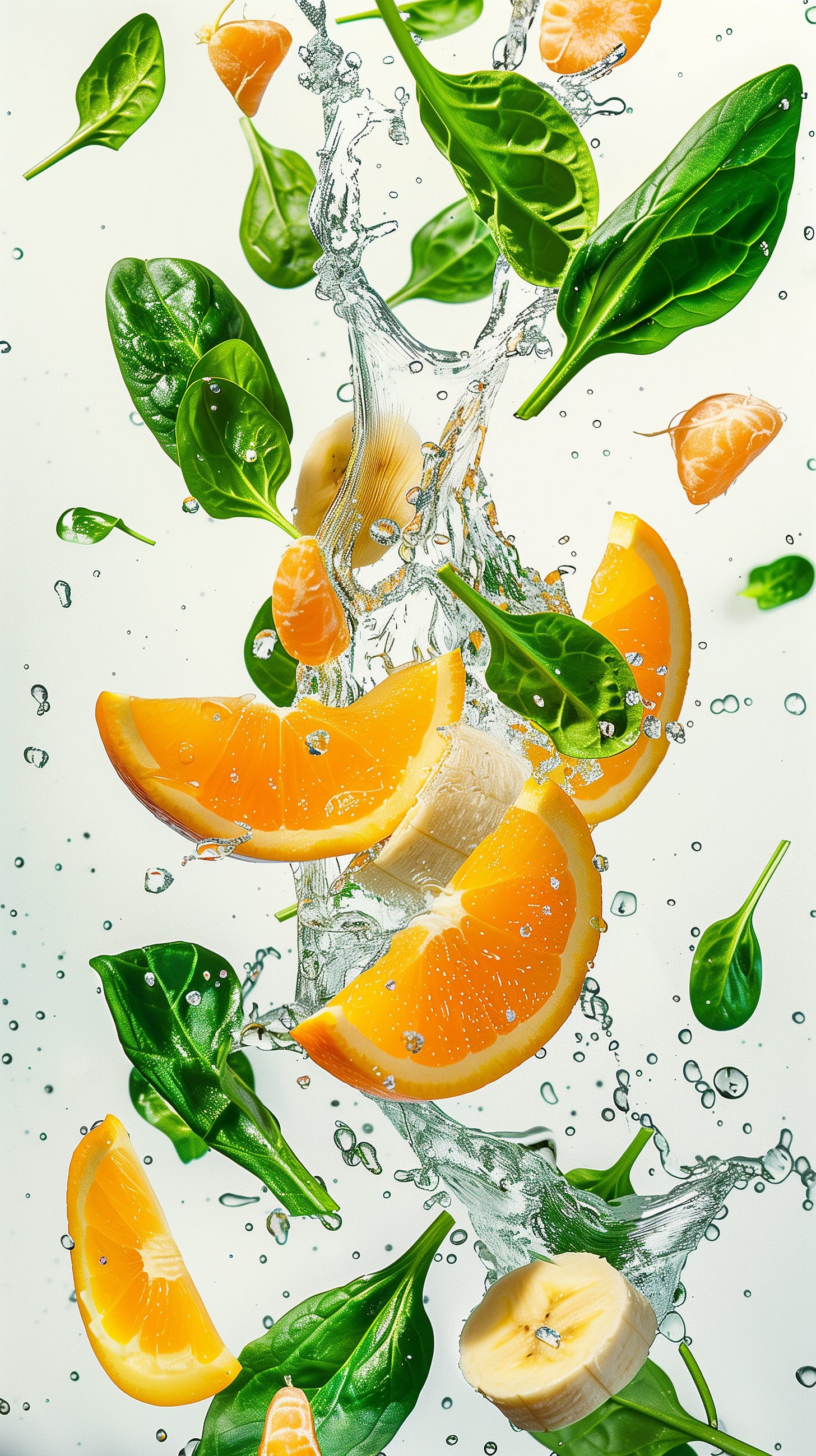Salt, while essential for our bodies in moderation, can pose serious health risks when consumed in excess. During the summertime, the temptation to indulge in salty snacks and foods increases, leading to a higher intake of salt. Here’s a look at what happens when you consume too much salt, the symptoms to watch out for, and remedies to help you manage your salt intake. Additionally, we’ll explore healthier salt alternatives to enhance your meals.
What Happens When You Consume Too Much Salt
Excessive salt intake can lead to various health issues, affecting both your short-term and long-term well-being. Here are some key symptoms and impacts of consuming too much salt:
Dehydration and Thirst: Salt causes your body to retain water, leading to dehydration. You may feel excessively thirsty as your body tries to balance the high salt levels.
High Blood Pressure: Consuming too much salt can cause your blood pressure to rise, putting extra strain on your heart and blood vessels, which can lead to heart disease and stroke.
Swelling and Bloating: Excess salt can cause your body to retain water, resulting in swelling, particularly in the hands, feet, and ankles.
Kidney Strain: Your kidneys work harder to eliminate excess salt, which can lead to kidney disease or exacerbate existing kidney conditions.
Bone Health Issues: High salt intake can lead to calcium loss through urine, potentially weakening your bones over time and increasing the risk of osteoporosis.
Remedies for Excess Salt Consumption
If you’ve consumed too much salt, there are several remedies you can try to help your body recover and maintain a healthier balance:
Drink Plenty of Water: Staying hydrated helps flush excess salt out of your body. Aim to drink at least 8-10 glasses of water a day.
Eat Potassium-Rich Foods: Potassium helps counteract the effects of sodium. Include bananas, oranges, spinach, and sweet potatoes in your diet.
Limit Processed Foods: Processed foods often contain high levels of hidden salt. Opt for fresh, whole foods whenever possible.
Exercise Regularly: Physical activity helps your body maintain a healthy balance of electrolytes and can reduce the impact of high salt intake.
Check Food Labels: Be mindful of the sodium content in packaged foods. Choose low-sodium options and avoid adding extra salt to your meals.
Healthier Salt Alternatives
Reducing salt intake doesn’t mean compromising on flavor. Here are some healthy alternatives to salt that can enhance the taste of your meals:
Lemon Juice: Adds a fresh, tangy flavor to dishes and can help brighten up the overall taste.
Herbs and Spices: Experiment with herbs like basil, thyme, rosemary, and spices like cumin, paprika, and turmeric to add depth and complexity to your meals.
Garlic and Onion: Both fresh and powdered forms can enhance the savory flavor of your dishes without adding sodium.
Vinegar: Balsamic, apple cider, or red wine vinegar can add a tangy and slightly sweet flavor to salads, marinades, and cooked dishes.
Nutritional Yeast: Provides a cheesy, nutty flavor to dishes and is a great addition to popcorn, pasta, and vegetables.
While salt is an essential nutrient, it’s important to consume it in moderation to avoid the adverse health effects of excessive intake. By staying hydrated, eating a balanced diet, and being mindful of your salt consumption, you can enjoy the benefits of salt without the risks. Explore healthier alternatives to salt to keep your meals flavorful and your body healthy.







